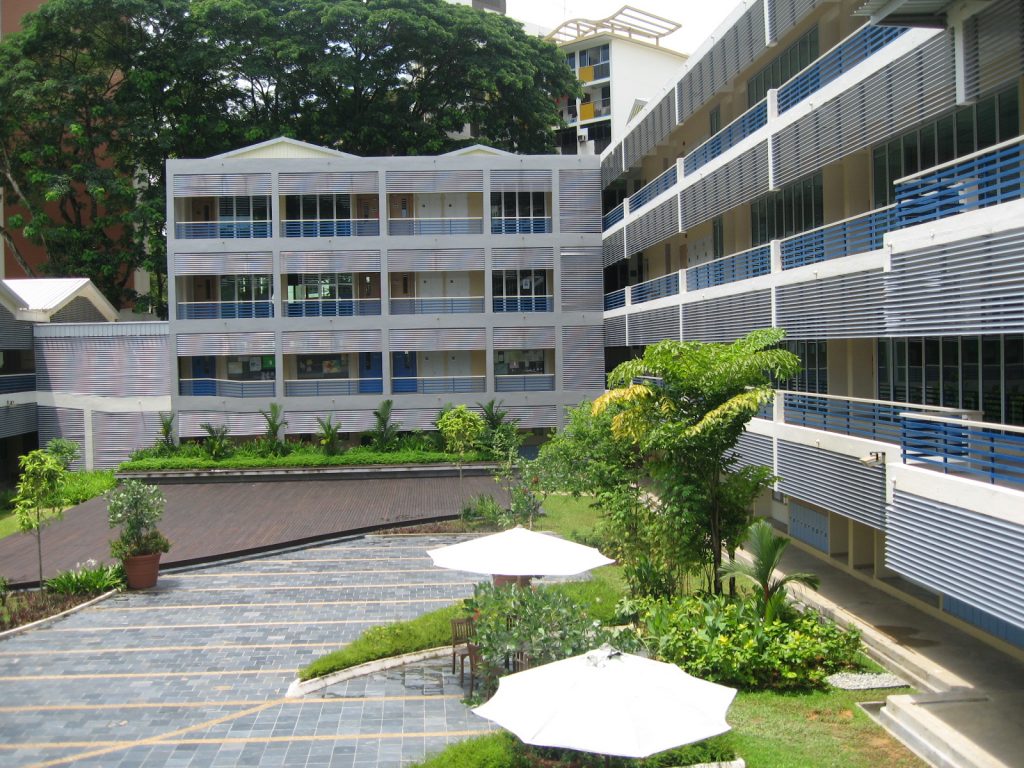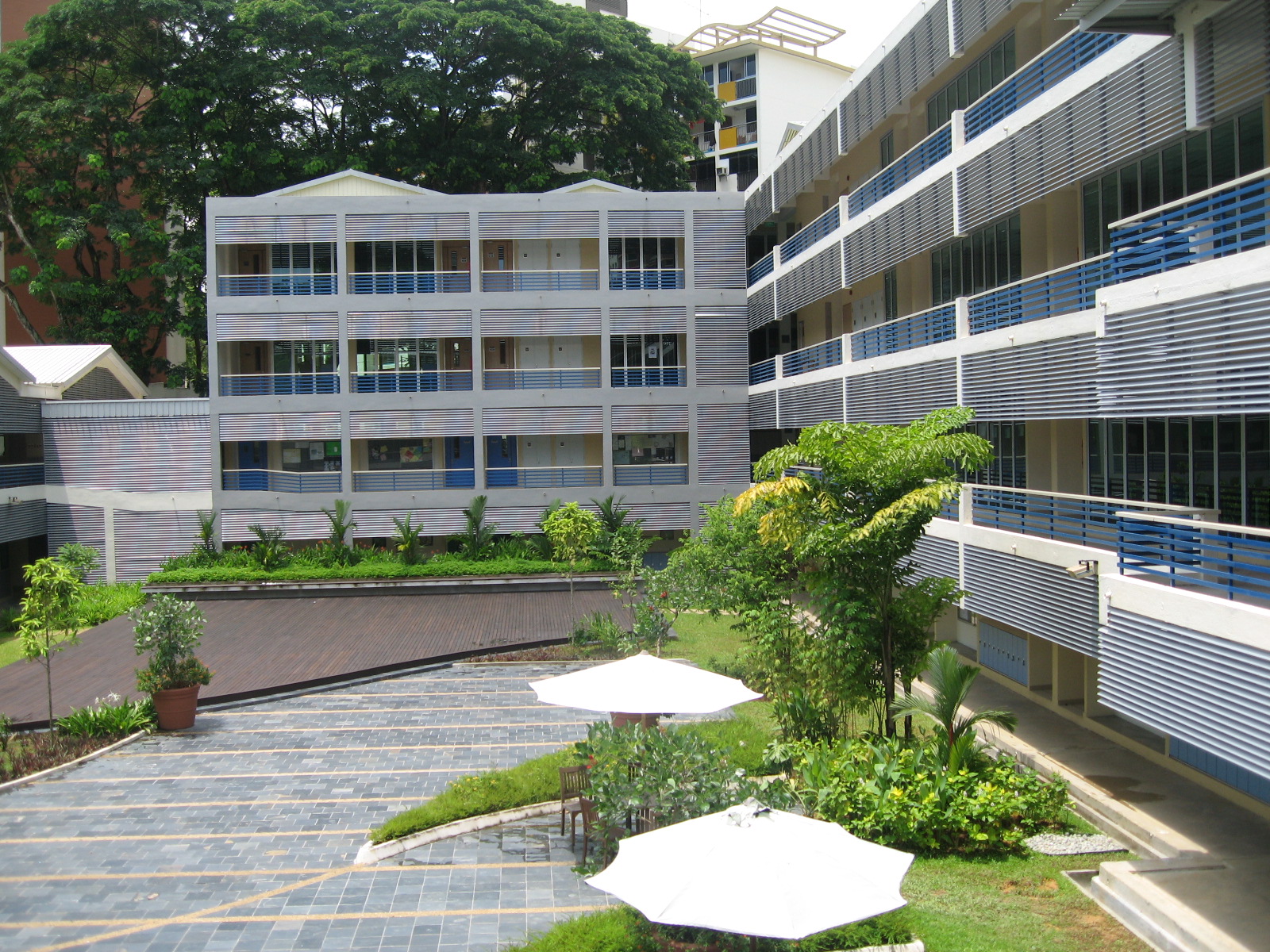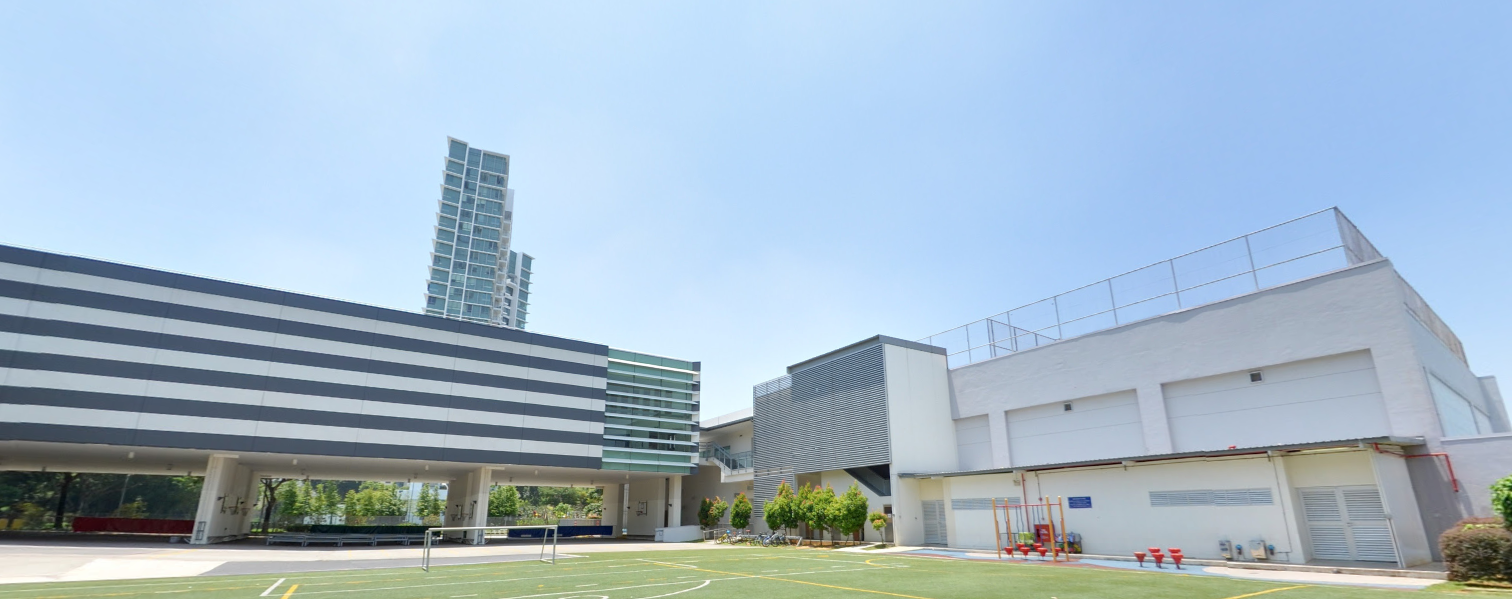
Some of the few prerequisites for the IB programme in Singapore
Have you heard the term “IB” but aren’t sure what it represents and what it means? The International Baccalaureate (IB) would be an educational curriculum that encourages students to use their imagination and ingenuity. We talk about what makes IB special, the benefits it offers, and if it’s a suitable fit for your children. The IB programme in Singapore and all you need to know is listed below:-
Everything about IB
The International Baccalaureate (IB) was established in 1968 and now offers three scores of high, motivating educational programs in Singapore: the IB Diploma Programme (DP) for students in grades 16 to 19, the IB Middle Years Programme (MYP) for students in grades 11 to 16, and the IB Primary Years Programme (PYP) for children ages 3 to 12. The International Baccalaureate (IB) is known for its high academic requirements and assisting in developing genuinely global, twenty-first-century citizens. Creativity and ingenuity are highly emphasized in the curriculum. Students are expected to have a genuinely global perspective in every meaning of the word: learning seems to be about contemplating the nature of human cognition and acquiring the ability to analyze one’s thinking and effort, not merely to recall facts.
First to know all about the IB results
Over two years, the IB program requires students to take six topics (three higher standards and three statistical levels). Final assessments and coursework are used to evaluate students. Each topic is graded on a scale of 1 to 7, with up to 3 bonus points available for TOK (Theory of Understanding) essays and the Comprehensive Essay. A minimum of 24 points is required for the IB diploma, with a possibility of 45 points. The worldwide average IB pass rate is 82 per cent, with a global average score of 29.92 points in 2020.
Basic requirements for IB programme
Candidates must meet three fundamental requirements in addition to specifying their subject exams to receive an IB diploma:
- Essay of a longer length (EE) – Candidates must submit an independent research essay of up to 4,000 words in one of the acceptable EE subjects as from the list below. Although it is not necessary, the applicant may research a topic within the discipline they are presently studying. The EE can be composed on a cross-disciplinary topic.
- Theoretical understanding (TOK) – This course gives practice in assessing the meaning and authenticity of knowledge by introducing students to ideas about the nature and constraints of knowing (basic phenomenology) (critical thinking). It is described as a “flagship component” of the Diploma Program, as it’s the only course that all diploma applicants must complete. TOK involves 100 hours of training, a 1600-word outwardly evaluated essay (from a list of six IB-approved titles worth 67 per cent), and an internally scored exhibition or performance on the candidate’s selected topic (worth 33 per cent).
- Service, action, and inventiveness (CAS) – Through engagement in international or community activities (service), athletics and perhaps other recreational activities (activity), and imaginative play, CAS provides an opportunity for students with opportunities for development, self-reflection, cognitive, physical, and imaginative challenges, and knowledge and understanding of themselves as responsible members of a community (creativity). Because “hour counting” is not encouraged, the minimal amount of CAS activity during the two-year curriculum is roughly 3–4 hours per week. There used to be a need to complete 150 CAS hours, but it was removed in 2010. Some universities, however, still need these hours.
The International Baccalaureate Diploma Programme (IBDP) is a two-year educational curriculum in 140 countries aimed specifically at 16- to 19-year-olds. Many institutions across the globe acknowledge the curriculum as an internationally recognized certification for entrance into postsecondary learning.



